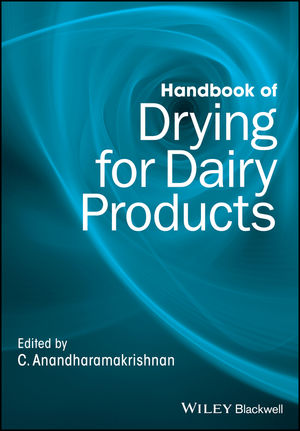Dairy processors need access to efficient and reliable shipping industry

Photo courtesy of Martin Barraud via gettyimages.com

The U.S. dairy industry is increasingly reliant on export markets for growth and profitability. That means that we must have access to an efficient and reliable shipping industry to ensure that our products reach our international customers in a timely and efficient manner.
Because of the shipping challenges our industry experienced during the COVID-19 pandemic, the International Dairy Foods Association (IDFA) and other stakeholders worked with Congress to enact the Ocean Shipping Reform Act of 2022 (OSRA 2022). Dairy foods exporters are already realizing the benefits of OSRA 2022, with a notable increase in erroneous charges being rescinded by steamship lines. Additionally, some shippers announced that they will no longer impose detention, demurrage, or per diem charges when a terminal is closed on holidays and weekends.
There is still more work to be done on OSRA 2022 implementation, however. For example, the Federal Maritime Commission’s (FMC) proposed rule defining an “unreasonable refusal to deal or negotiate with respect to vessel space” was woefully inadequate. IDFA submitted substantial comments on the proposal, noting that the proposed rule does not define the term “unreasonable” at all and would potentially allow a steamship line to justify any refusal to provide export cargo space with vague rationale such as “legitimate business decisions” and “legitimate transportation factors.”
IDFA also emphasized that the proposed rule fails to address the heart of the issue, namely the myriad methods used by steamship lines outside a formal carrier-shipper negotiation to roll bookings for agricultural export cargo.
More shipping reforms necessary
Looking ahead, Congress has developed an additional package of reforms, with IDFA input, to supplement OSRA 2022. In March, U.S. Reps. Dusty Johnson (R-S.D.) and John Garamendi (D-Calif.) proposed the Ocean Shipping Reform Implementation Act (OSRA 2.0). The bill contains provisions that could be very favorable to dairy foods exporters. For example, OSRA 2.0 establishes that reciprocal trade — meaning both imports and exports — are part of the FMC’s mission in enforcing the Shipping Act. This proposed change reflects the sensibility that use of American ports by steamship lines is a privilege, not a right, and would put steamship lines on notice that any practices that effectively discriminate against exports are potentially actionable under the law. The FMC would also need to include in its annual report to Congress “an analysis of any trade imbalance resulting from the business practices of ocean common carriers.”
OSRA 2.0 would also prohibit U.S. ports from using logistics platforms run by the Chinese government or Chinese state-owned enterprises, as this could put sensitive data from U.S. shippers in the hands of a foreign government, potentially impacting competitiveness. That said, the sharing and use of appropriate information in the supply chain are critical for improving the conditions of service for U.S. dairy foods exporters, enhancing efficiency and reducing costs, and providing information on specific shipments as well as market conditions that will enable better decision-making.
The bill would increase supply chain visibility by authorizing the Department of Transportation to collect and publish aggregate information on port operations, such as the amount of time a container, chassis, or ship is sitting at the port, the extent to which a port’s storage areas have space available for containers, and many other useful data points that could guide exporters to ports that can meet their current shipping needs.
The pandemic and its aftermath have provided an unprecedented opportunity for enacting real supply chain change in Washington, D.C., which IDFA believes will empower U.S. dairy exporters in their dealings with steamship lines and ensure dairy exporters are able to move their products overseas in a timely way. OSRA 2022 was a great first step, and its implementation along with the prospect of OSRA 2.0 could lead to additional benefits for the dairy foods sector.
IDFA will continue engaging with Congress and the Administration on OSRA and other supply chain-related issues to ensure that the U.S. remains competitive as we continue to work toward being the world’s leading supplier of nutritious and sustainable dairy products.
Looking for a reprint of this article?
From high-res PDFs to custom plaques, order your copy today!









